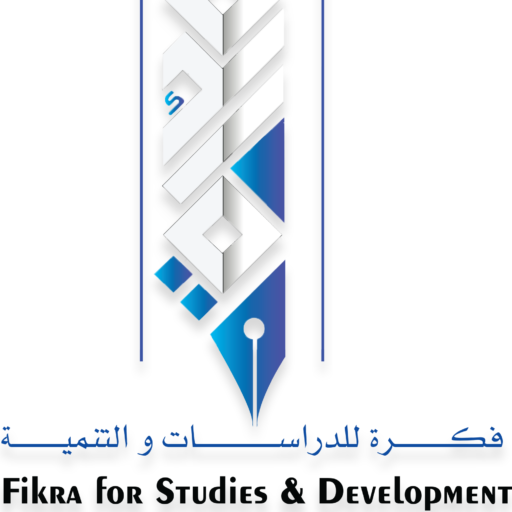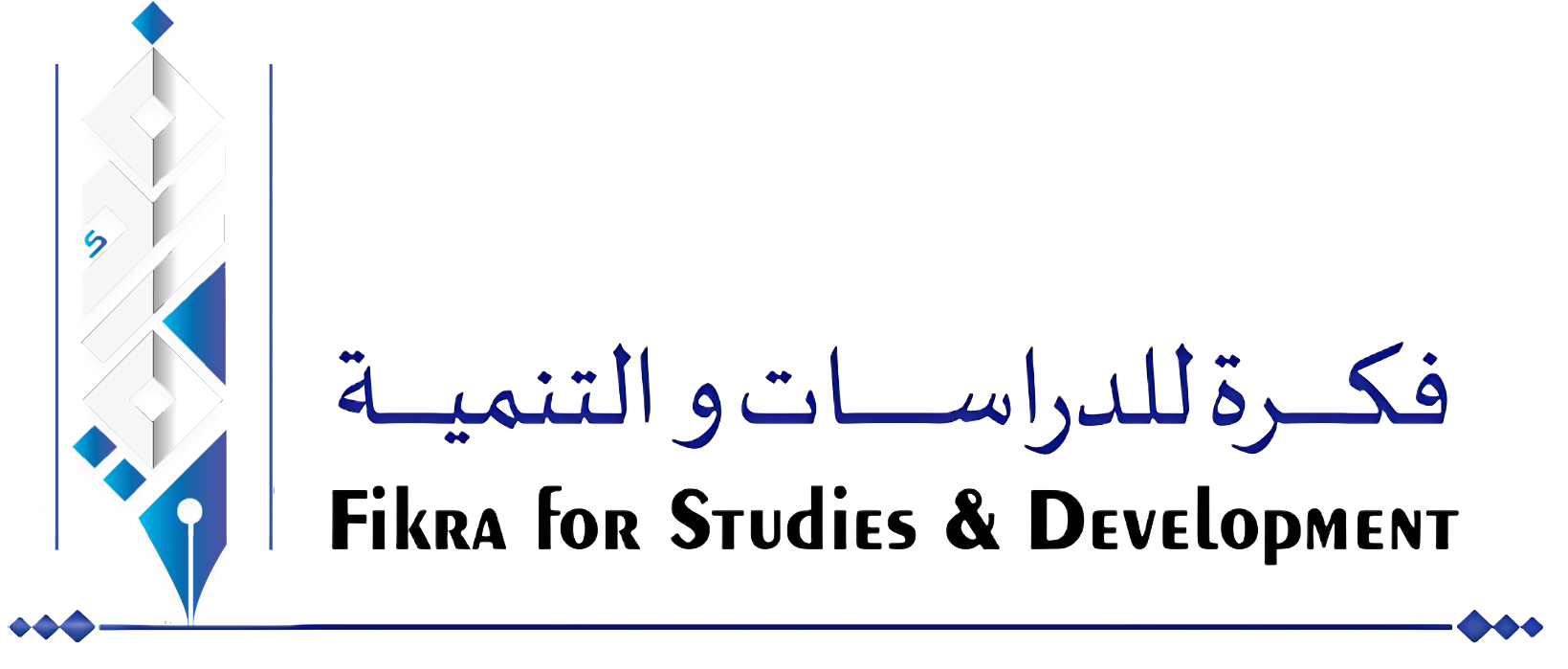Sudan on the Cusp of a New Political Agreement
Sudan on the Cusp of a New Political Agreement
Dr. El-Shafie Khidir Saeed
During the past few days, Sudan witnessed intensive meetings that included representatives of the Forces of Freedom and Change/Central Council and representatives of three main organizations in the Forces of Freedom and Change/Democratic Bloc, which are the Justice and Equality Movement led by Gebril Ibrahim, the Sudan Liberation Movement led by Minni Arko Minawi, and the Democratic Unionist Party led by Jaafar al-Mirghani. The meetings took place in the presence and with the participation of the Armed Forces Command and the Rapid Support Forces Command, represented by the chairperson of the Sovereignty Council, Abdel Fattah Al-Burhan, and his deputy, Mohammad Hamdan Daglo, with the push and encouragement of the Trilateral Mechanism and the Quad. The objective of these meetings was to resolve and address the differences between the Central Council and the Democratic Bloc, in the direction of minimizing the sharp political polarization in the country, and overcoming the obstacles to agreeing on a way out of the grinding crisis in the country. According to the brief press circular issued after the end of these meetings, the participants in the meetings reached a final agreement on a new political declaration that is to be signed by the political and civil forces and the parties to the Juba Peace Agreement, in order to pave the way for new constitutional arrangements to govern the transitional period.
Certainly, we view this agreement as a starting point or a first step in the proper direction to end the country’s current political impasse. In addition, we have a number of observations and points that we believe must be taken into account if we truly wish to save the transitional period and move the country forward.
The most important of these points, according to our point of view are:
- Given the numerous points of convergence and agreement between the framework political agreement signed by the Central Council and the country’s military leadership and the proposal of the national document to govern the transitional period issued by the recent Cairo workshop, we believe that the parties involved in these meetings had no trouble or dilemma reaching a new agreement on paper. Although this is a positive development, it may reinforce the already-existing doubts among many that the primary dispute revolves around the seats of power and their connection to the interests of groups and parties, both domestic and foreign, at the expense of the nation’s interests. The latter requires carrying out the tasks of the transitional period as expressed by the demands and slogans of the revolution. I believe that these doubts and refute cannot be fend off with abstract language, statements, and mental exercises, but rather that the content of any new agreement should be filled with issues that must be practically implemented so that the transitional period returns to the right track in achieving the revolution’s goals.
- I propose that the priority be to agree on a national mechanism that is acceptable to all parties and includes representatives of the political forces, civil society, youth forces, the military, and agreed-upon national personalities to choose the transitional period’s leadership, the head of state, and the prime minister, as well as to carry out legislative and oversight tasks based on the principles of transparency, accountability, and sovereignty. In this aspect, it’s important to learn from the mistakes that came with previous attempts to form the Transitional Legislative Council. The way that process was set up and the circular discussions that went along with it made it seem like forming the Council wasn’t where it should have been on the list of priorities, making it hard, if not impossible, to do so in practice.
- The selection of the transitional period’s head of state and executive leadership must be based on competence, eligibility, integrity, and patriotism, with no political compromises or quotas. In addition, work must be done to turn the texts of any political or constitutional accords into executable action plans and programs. As for the leaders and cadres of political parties and forces, we recommend that they withdraw from the executive body and instead supervise the implementation of these plans and programs through their participation in the aforementioned national apparatus.
- The formulation of an alternative political project and the new transitional program is a monumental effort that cannot be handled by a particular group of factions, nor can it be limited to elites and political leaders alone. Hence comes the necessity of organizing a Sudanese-Sudanese dialogue through a round-table conference prior to or immediately following the selection of the transitional prime minister, in which all the forces of the revolution, including politicians, technocrats, civil society, the military, and agreed-upon national figures, participate in order to develop a unified vision of the transitional project that can aid the nation in its current crisis.
- The creation and implementation of the program for the transitional period must not start from scratch or with a blank sheet of paper, but will instead take into account the past experience, including both its successes and failures. It should be a continuation of the agreed-upon program upon the formation of the previous transitional government led by Dr. Abdullah Hamdok, and it will also benefit from the workshop activity that took place after the framework agreement was signed.
- We reiterate that any new political agreement will be short-lived if it does not prioritize the issue of justice, transitional justice, and holding accountable those responsible for the crimes of shedding the blood of martyrs, and if it does not develop and implement an urgent emergency program to reduce the burden of living, halt the economic decline, and uncover and target the centers of corruption in the state and society, and if it does not implement practical measures to recover the kidnapped state from the clutches of the National Congress Party. The recovery of the abducted state is not merely a procedural measure, nor is it contingent on security and police measures, nor is it merely a reaction to the extraordinary level of displacement and arbitrary dismissal carried out by the overthrown dictatorship. Rather, it is a political process that must be carried out within the rules of the law, and its ultimate objective is to establish competence, integrity, and the notion of nationalism in all civil and military state agencies and structures.
- The top priority of the transitional program is to keep working toward peace with the SPLM-N based on the framework agreement signed by Al-Burhan and Al-Hilu, and with the Sudan Liberation Movement led by Abdul Wahid Muhammad Nur.
- Starting the National Constitutional Conference’s preparations as soon as possible is also top priority in order for it to finish its work before the end of the transitional period. In essence, the constitutional conference represents a national project to rebuild the Sudanese state in accordance with unanimity constitutional constants that will serve as the foundation of the country’s permanent constitution. These constants should represent Sudanese’s diverse intellectual, cultural, ethnic, and political affiliations. This is to be accomplished by reaching consensus on answers to fundamental questions that, since our country’s declaration of independence, have either remained unanswered or have received incorrect answers. Something that has cost us a terrifying history of civil wars that has continued to this day, as well as a terrible regress in our political, economic, and social structures.
These questions include:
- A proper system of governance that provides a fair distribution of power among the diverse national and regional components of Sudan. This entails revamping the democratic political system (parties, the electoral system, parliamentary practice, the role of trade unions and civic society, etc.) in a way that ensures the breaking the “evil cycle,” i.e. the sequence of military coups and popular uprisings.
- Fair distribution of wealth, which means rethinking development plans and distributing wealth and resources in order to stop prejudice and neglect in the peripheries of the south, east, west, and even the north, which are far from the center, and to give priority to areas where there is ethnic, national, or social tension. This should be done as part of the scientific-economic project, which looks at how to improve the production sites without taking away from the center and source of expertise.
- Consensus on the relationship between religion and the state.
- Consensus over the identity of the Sudan. Because of the fundamental nature of the National Constitutional Conference’s duties and responsibilities, it is expected to formulate a plan for addressing Sudan’s multiple national and ethnic identities, multiple religious’ beliefs, and diverse cultural roots in order to resolve its chronic dilemmas and establish a modern state deserving of its people and recognizable throughout the world.
- Also among the top priorities during the transitional period is the immediate and early agreement on a new election legislation that overcomes the bad characteristics of earlier democratic experiences based on the “Westminster” formula, which produced fragile and easily exploitable democratic systems. What is required of the new electoral law is a healthy political practice based on a Sudanese formula for pluralistic democracy, harmonizing the absolute universal values of pluralistic democracy with the particular characteristics of our country, and linking democracy to the provision of livelihood, drinking water, medical services, and other basic services.
- The structures of the transitional period should not be concerned with the major strategic issues, both internal and in our foreign relations. These should be left to the elected organs to decide on them later.
- In matters of foreign policy, we must move away from external axes and work to improve regional and international relations based on the principles of putting Sudan’s interests first, non-interference in the affairs of others, and upholding the values of economic integration, taking into account the particular nature of the relationship with neighbouring countries, particularly Egypt and South Sudan.
Dr. Elshafie Khidir Saeed
A Sudanese pro-democracy political scholar, thinker and writer. He has a long track-record in the struggle against military dictatorships for realizing democracy, rule of law, peace and political stability in Sudan. He was subjected to political detention for five years in the 80th of the last century, and he went underground for many years fighting the Ingaz regime. Dr. Elshafie has a number of published writings on the consolidation of democracy and the intersections between the roles of the tribe, the army and politics in Sudan. He can be contacted by email:

